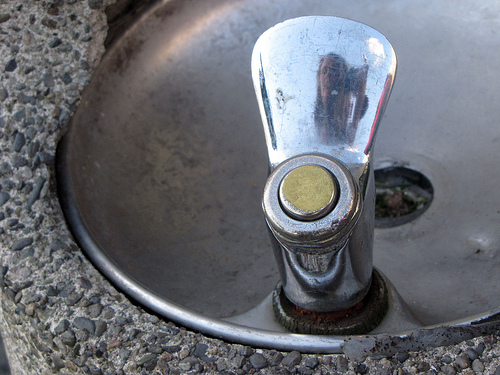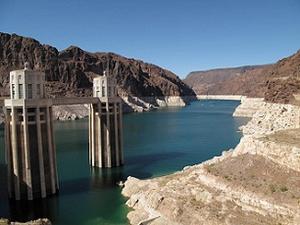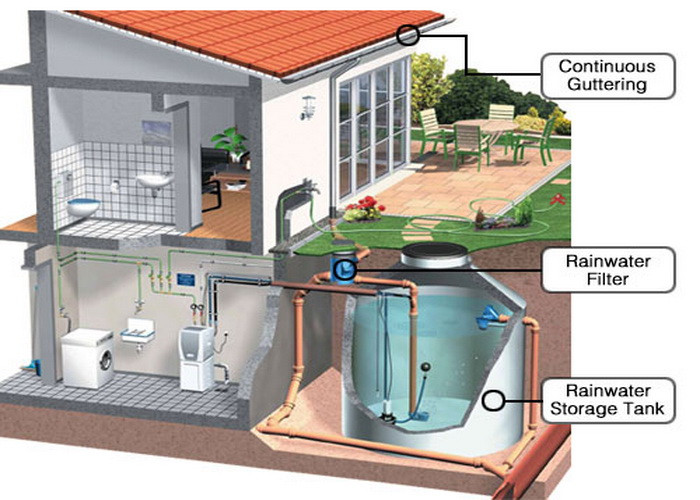You are here
Tue, 2011-11-22 14:08 — mdmcdonald
This working group is focused on discussions about US - Water.
The mission of this working group is to focus on discussions about US - Water.
Add Content to this group
Members
| Kathy Gilbeaux | Maeryn Obley | mdmcdonald | MDMcDonald_me_com | Miles Marcotte | scottt@stetsone... |
Email address for group
us-water@m.resiliencesystem.org






Recent Comments